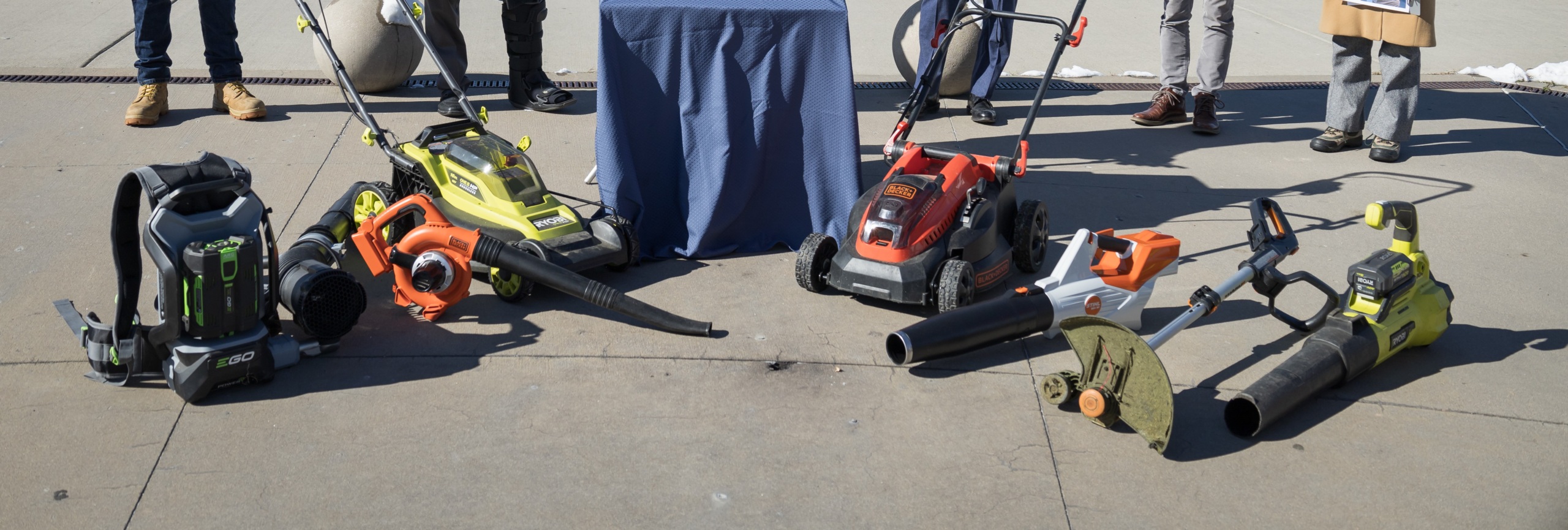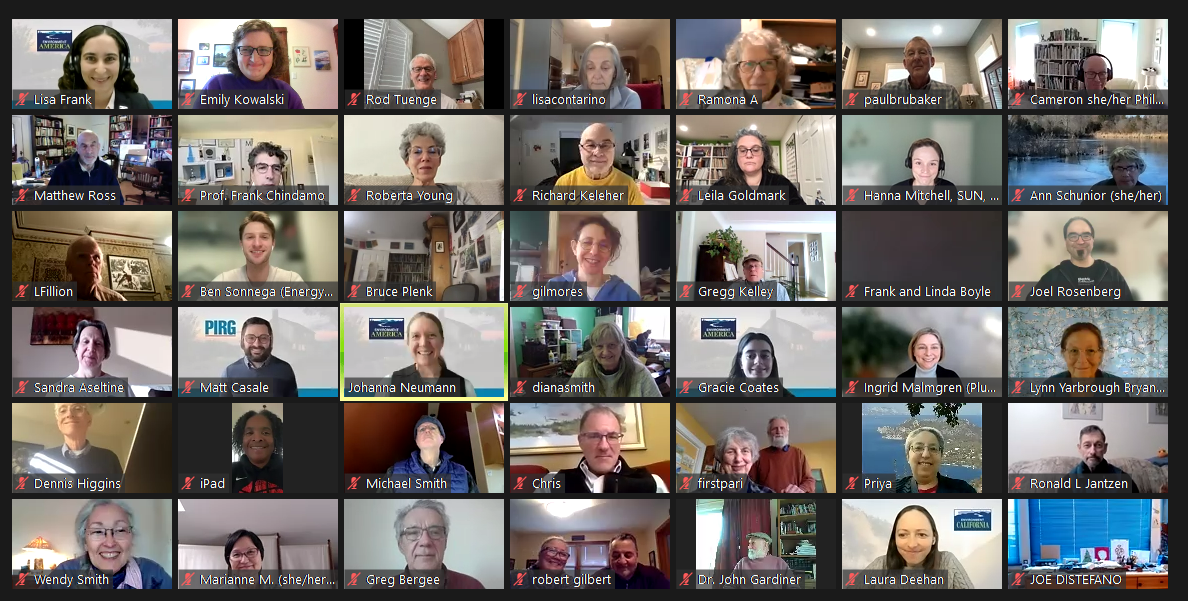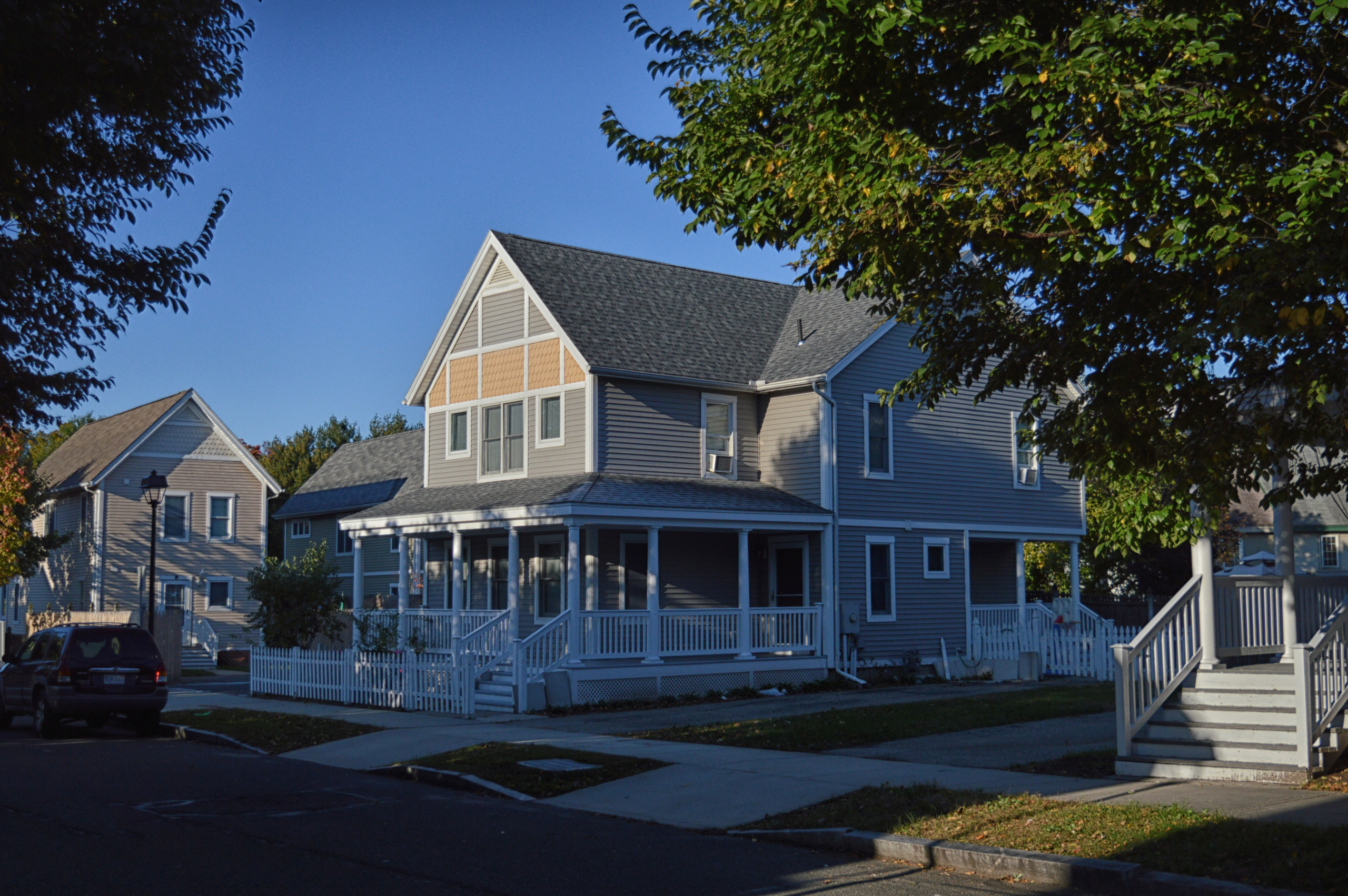| We host online briefings like these to help catalyze action. Sure enough, a professor from the University of Pennsylvania’s Wharton School of Business who’s active on this issue asked to be connected to our staff in Pennsylvania to team up on local efforts after our event. We’ve also followed up with attendees from Colorado and Oregon who expressed interest in forming a nationwide coalition to coordinate efforts.
These are encouraging signs, as are the actions local and state leaders are already weighing. For example, Dekalb County, Georgia, officials are considering a noise ordinance to address the problem, and the Colorado Air Quality Control Commission will vote later this month on whether to restrict the sale or use of push mowers and handheld tools, the dirtiest gas-powered gear.
As we help more Americans get the facts about gas-powered lawn gear, they’ll think back to their personal experiences: a noisy lawn mower disrupting an otherwise relaxing day, the child with asthma who lives down the block, the unseasonably warm weather that’s becoming more common. Our research and their own intuition will tell them there’s a better way to maintain our yards. Many will adopt common sense, accessible alternatives, from electric equipment to old-fashioned rakes. With our help, many will take action that results in real change in their communities. All this clean air and climate progress will add up to a better, more livable world. |











